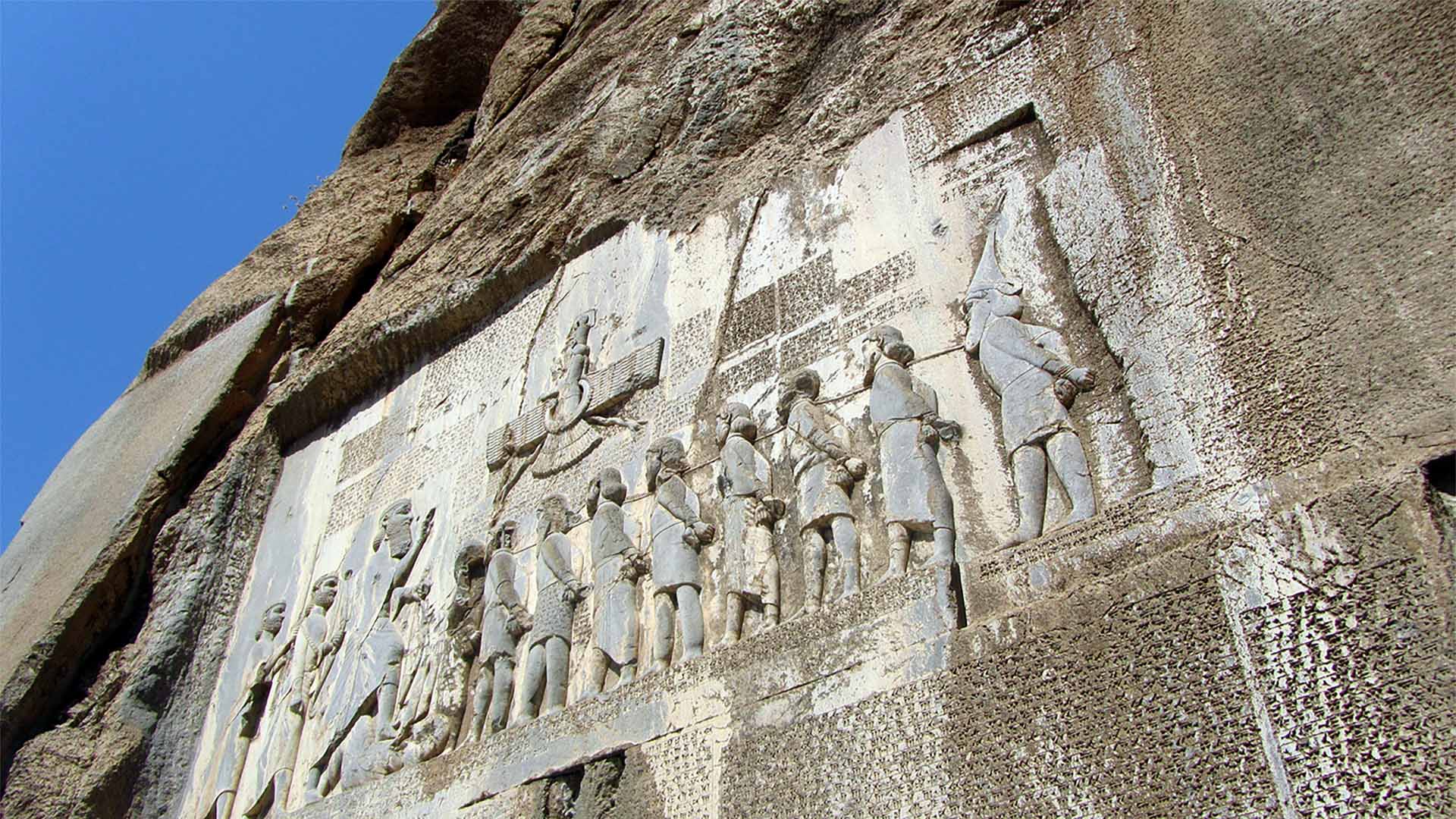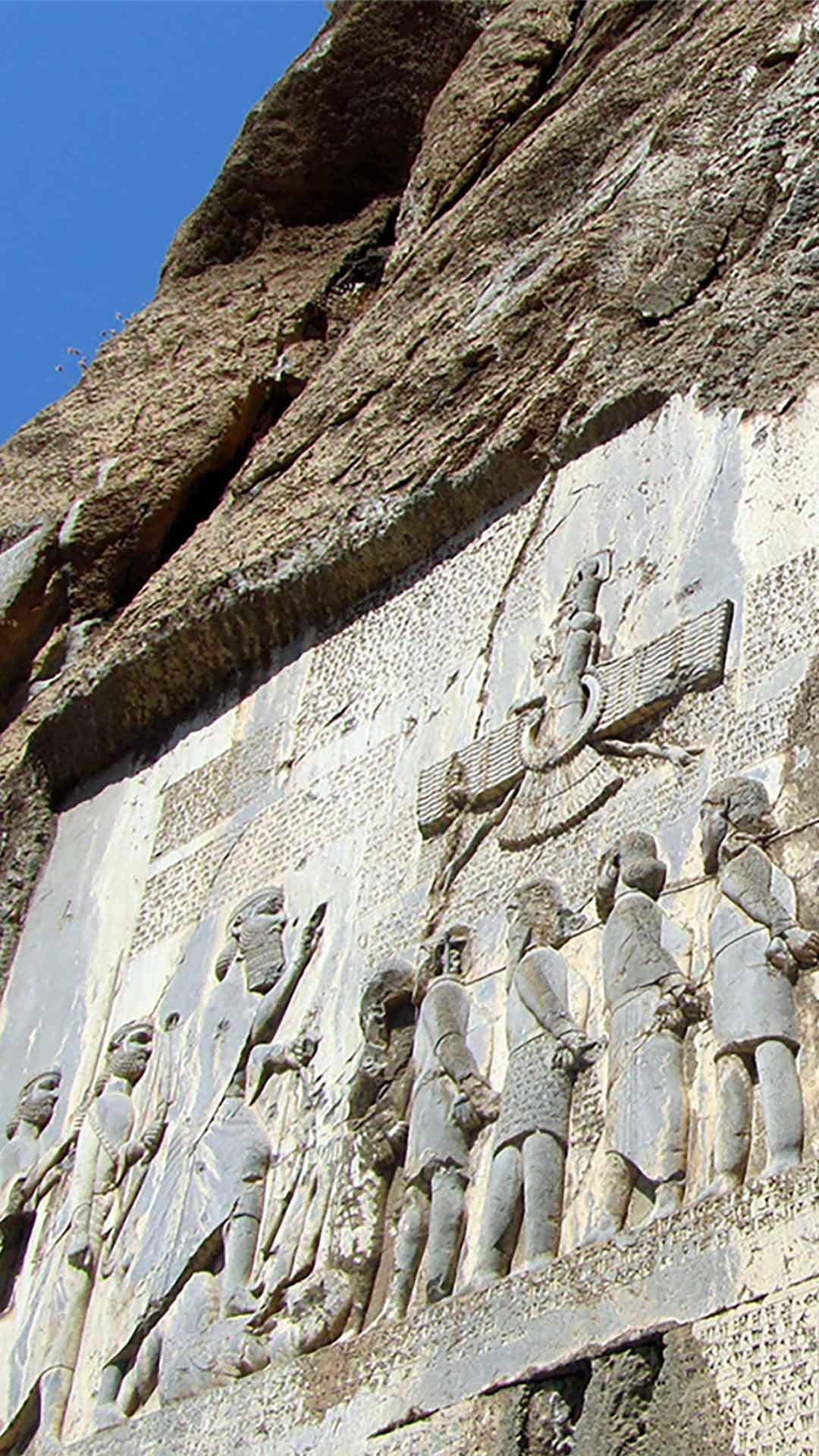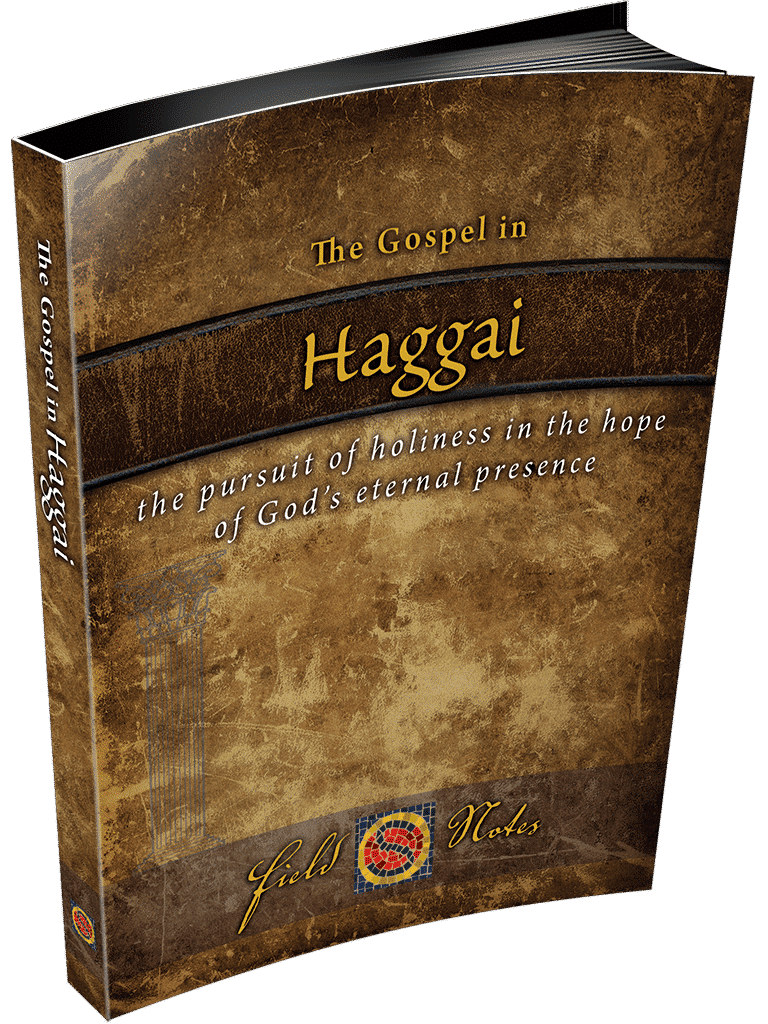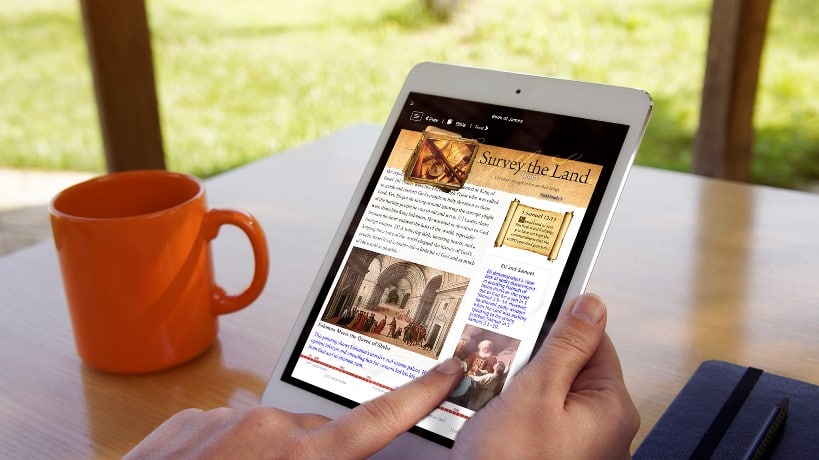The Gospel in Haggai
God’s message to people who forget him
It is easy to put ourselves first before thinking about others. We live in an age that operates according to a me-first attitude. We believe it’s my money, time, plans, and life! Such self-centered attitudes result in the pursuit of self-serving agendas… even for Christians! What does God say about this? Is he satisfied with receiving our leftovers? Haggai addresses the importance of God’s presence among His people. While they were working on rebuilding their own houses after coming back home from the Babylonian exile, God’s house was still in ruins. The people of Judah forgot that meeting with Him was the most essential blessing they could have.
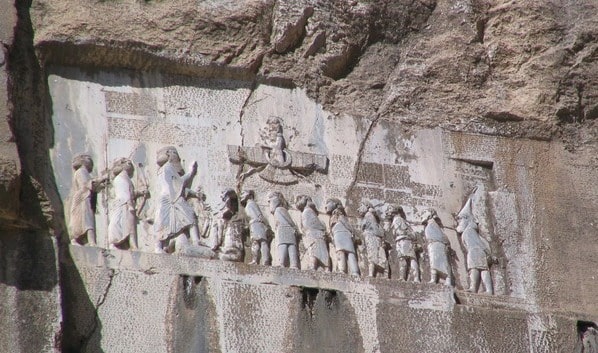
The Inscription of Darius the Great
The Behistun Inscription is Darius’ history of his reign over the Persian empire chiseled into a rock face in three different languages. Attributed to Darius himself, it is located on Mount Behistun in the Kermanshah province of western Iran and is a UNESCO World Heritage Site. It affirms the historical reality of Darius’ reign and the events of the book of Haggai.
This ancient prophet reminds us to reprioritize our lives. When we put the things of God first over our individual wants, He takes care of the rest—even better than we can. This full-color Bible study will help any Sunday school class, small group, or individual learn how God withdrew his blessing from his people to get their attention. He caused trouble for His people so they would return to Him and rebuild His temple—His dwelling place. One day, He would even send His Son to dwell among His people. God loves us too much to leave us in our tiny thoughts about taking care of our selfish wants first. As Haggai shows, sometimes He might intervene in ways we don’t understand, but it is for our good and His glory.


